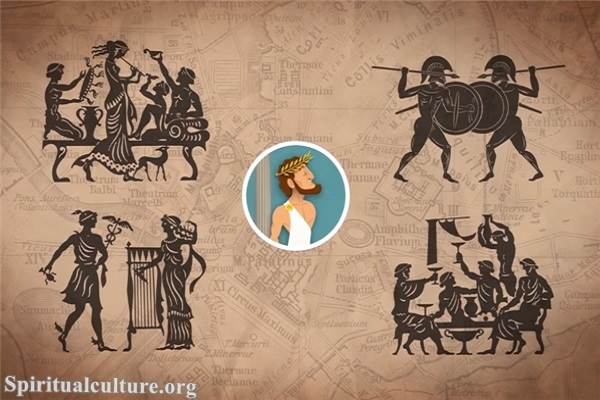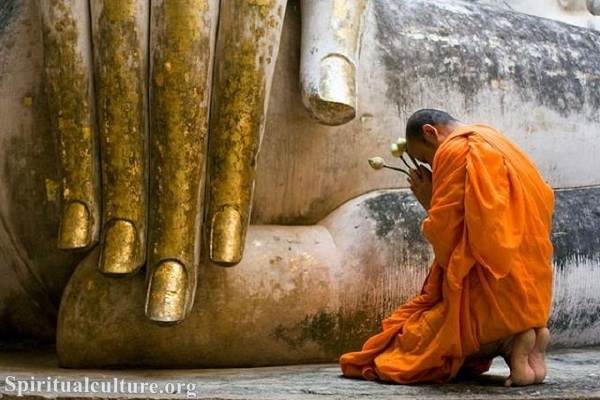One of the main differences is that Buddhism is a non-theistic religion, while Christianity is a monotheistic religion. This means that Buddhists do not believe in a personal God or divine creator, while Christians believe in the existence of a single, all-powerful God who created the universe.
Another difference is that Buddhism emphasizes the concept of personal enlightenment and the attainment of nirvana, a state of ultimate peace and liberation from suffering. Christianity, on the other hand, focuses on the belief in the death and resurrection of Jesus Christ as a means of salvation and redemption from sin.
Buddhism also emphasizes the importance of personal responsibility and individual effort on the path to enlightenment. At the same time, Christianity emphasizes faith and the belief that salvation is a gift from God.

There are also differences in their teachings about the nature of reality and the self. Buddhism teaches that the self is an illusion and that the ultimate goal is to transcend the ego and achieve a state of non-self. On the other hand, Christianity affirms the existence of the self and emphasizes the importance of loving and serving others.
These are just a few of the main differences between Buddhism and Christianity, but there are many other subtle differences in their teachings and practices.


